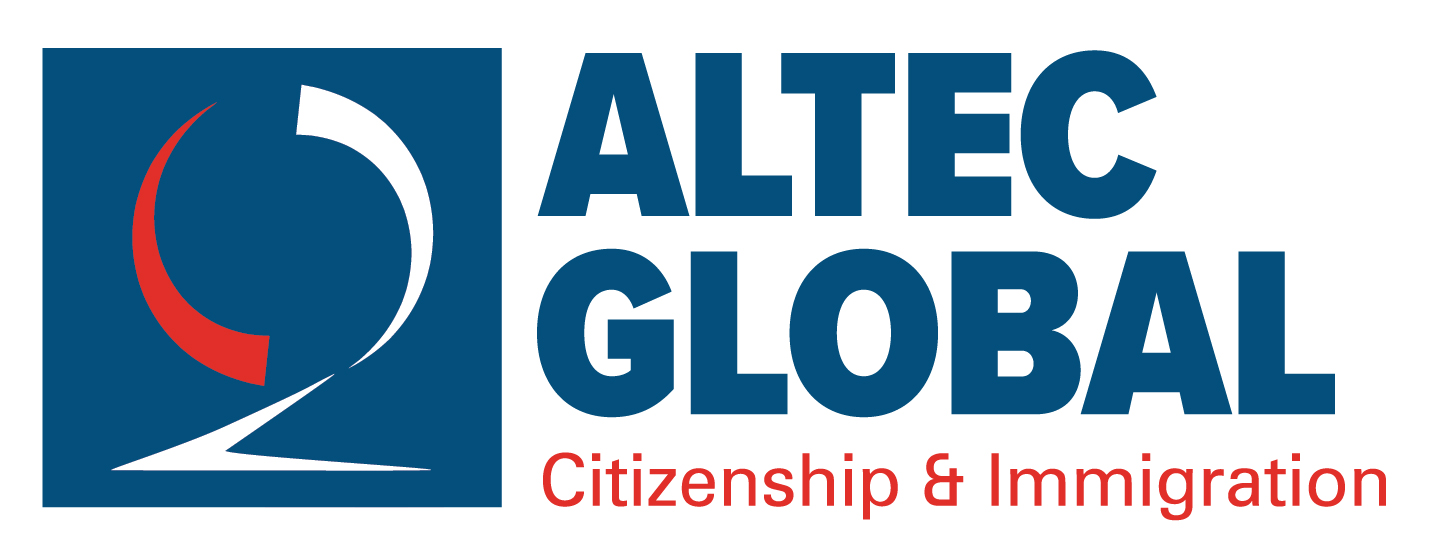The pursuit of education in Canada is a dream for many international students, offering world-class institutions and a promising future. However, as with any venture, there are occasional pitfalls and unscrupulous practices that can tarnish this dream. Recent headlines about international students left in a lurch by an institution’s unexpected actions serve as a stark reminder that due diligence is essential. In this article, we explore how you can protect yourself from fraudulent or unethical practices and ensure a legitimate study experience in Canada.
1. Research Your Institution
Before embarking on your journey to study in Canada, it’s crucial to conduct thorough research on the institution you plan to attend. One of the primary considerations is to verify whether it is on the Immigration Refugees and Citizenship Canada (IRCC) list of Designated Learning Institutions (DLIs). A DLI is a post-secondary educational institution approved by the Canadian government to host international students. If the institution is not on this list, you may not be eligible for a study permit.
2. Understand Public-College Private Partnerships
Be aware of whether your chosen institution is part of a Public-College Private partnership. Institutions like Northern College admitted students to programs falling under private-public partnerships. As a result, it’s essential to keep track of how many international students are admitted per year. A recent directive from the government of Ontario stipulates that starting in Fall 2023, no more than 7,500 international students can be admitted between all partnership campuses.
3. Check Post Graduation Work Permit (PGWP) Eligibility
If you plan to stay in Canada after graduating, the eligibility of your program for a Post Graduation Work Permit (PGWP) is paramount. The PGWP is a valuable document that allows you to gain work experience in Canada, strengthening your future application for permanent residency. To qualify for a PGWP, you must have graduated from a program at a DLI that is at least eight months in length. Additionally, you need to have been a full-time student throughout the academic year for each year of your program. Ensure that your chosen program aligns with these PGWP eligibility criteria.
4. Seek Comprehensive Information
Contact the institution directly to gather as much information as possible. Ask about student support services, including housing and mental health support. Enquire about the average number of yearly admissions and the expected cost of living in the city, both on and off-campus. If possible, reach out to the alumni association and speak with former students about their experiences. A direct line of communication with the institution can provide you with valuable insights.
5. Protecting Yourself from Fraud as an International Student
International students can be vulnerable to fraud and scams, primarily due to the need to make crucial arrangements like school admissions, employment, and housing before arriving in Canada. In many cases, students rely on agencies or external assistance, making them susceptible to various fraudulent activities. Here’s how to protect yourself:
- Beware of Ghost Consultants: These individuals pretend to assist with visa or school applications, taking fees and then disappearing, leaving students with fake or no documents. Always verify the credentials and authenticity of those offering assistance.
- Question Everything: If an offer seems too good to be true, it’s essential to approach it with skepticism. Ask detailed questions, verify information, and consult official sources whenever possible.
- Avoid Phishing Scams: Protect your personal information by never providing it in response to unsolicited phone calls, text messages, or emails. Genuine organizations won’t seek sensitive details through unsolicited communications.
Canada remains a sought-after destination for international students, offering a world-class education and a promising future. While rare, incidents like the recent case of Northern College highlight the importance of taking precautions. By conducting thorough research on your chosen institution, understanding program eligibility for the PGWP, and staying vigilant against fraud, you can ensure a legitimate and enriching study experience in Canada. Education is a transformative journey; ensure you embark on it with confidence and a commitment to your future.


Recent Comments